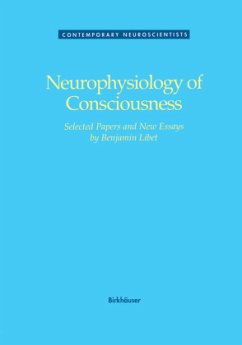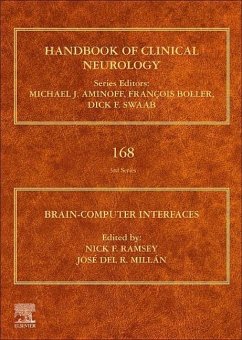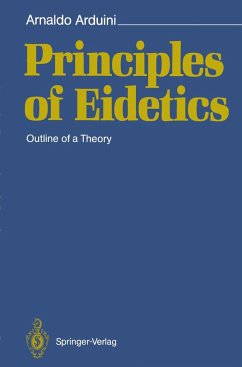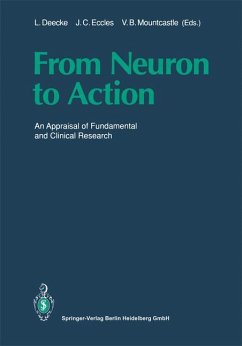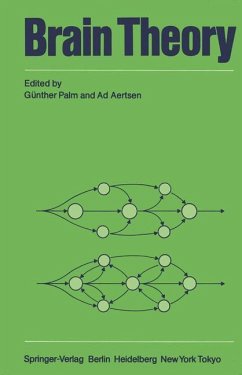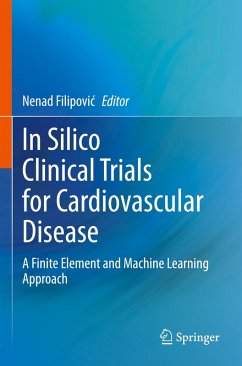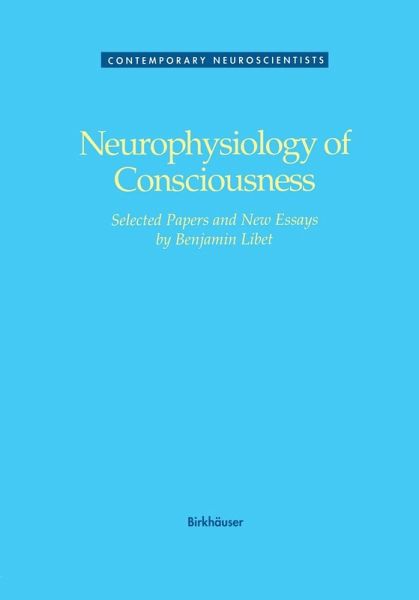
Neurophysiology of Consciousness
Versandkostenfrei!
Versandfertig in 1-2 Wochen
168,99 €
inkl. MwSt.
Weitere Ausgaben:

PAYBACK Punkte
84 °P sammeln!
and made insignificant in practice, by selecting for study simple kinds of ex periences which are devoid of emotional content and which can be tested for reliability. A simple somatosensory ''raw feel" fulfills these characteristics (see papers nos. 2,5). In any case, if we fail to find ways to use introspective reports in convincingly acceptable studies we would give up the ability to investigate the relation between conscious experience and neural activity, something warned against by William James (Krech, 1969). Another factor in the dearth of direct experimental studies is, of course, the ...
and made insignificant in practice, by selecting for study simple kinds of ex periences which are devoid of emotional content and which can be tested for reliability. A simple somatosensory ''raw feel" fulfills these characteristics (see papers nos. 2,5). In any case, if we fail to find ways to use introspective reports in convincingly acceptable studies we would give up the ability to investigate the relation between conscious experience and neural activity, something warned against by William James (Krech, 1969). Another factor in the dearth of direct experimental studies is, of course, the comparative inaccessibility of the human brain for such purposes. Meaningful investigations of the issue in question requires simultaneous study of brain events and introspective reports of experiences in an awake, cooperative human subject. Analysis by neuropsychologists of pathological lesions in the brain and the related disturbances of conscious functions have contributed much to mappingthe pos sible representations of these functions. The non-invasive recording of electrical activity with electrodes on the scalp, starting from Berger's initial EEG record ings in 1929, has contributed much to the problems of states of consciousness and to various cognitive features associated with sensory inputs, but not as much to the specific issue of conscious experience.





